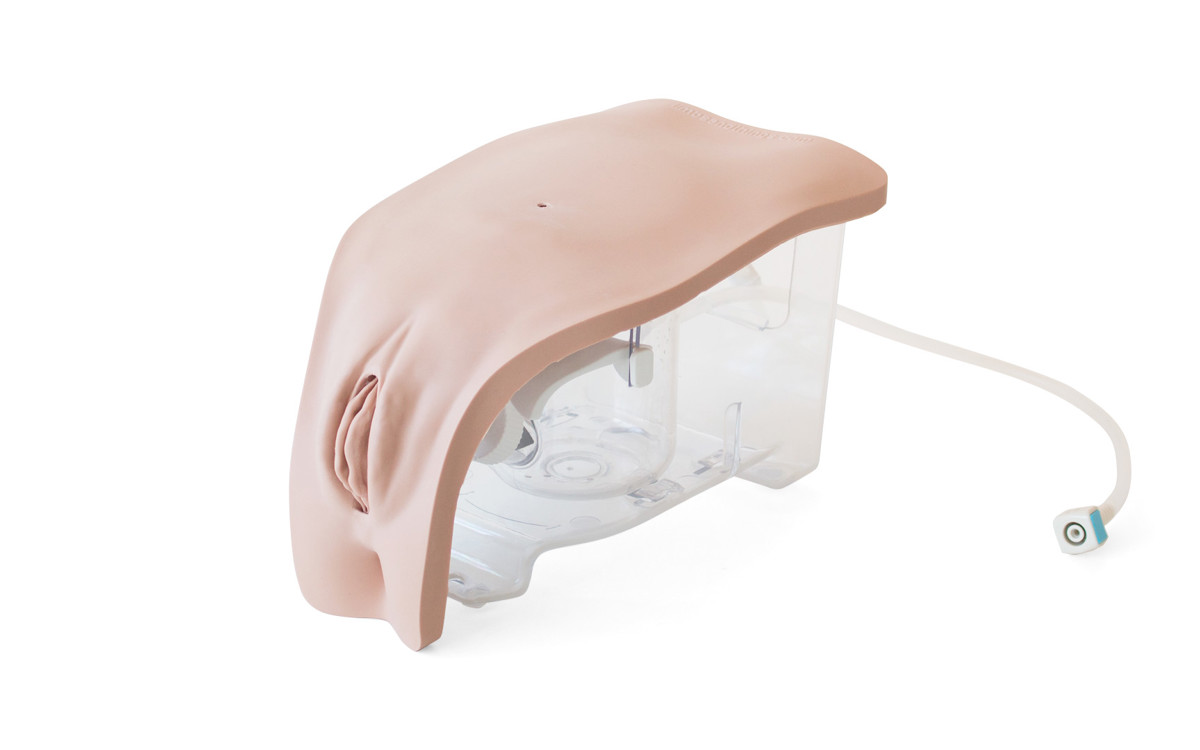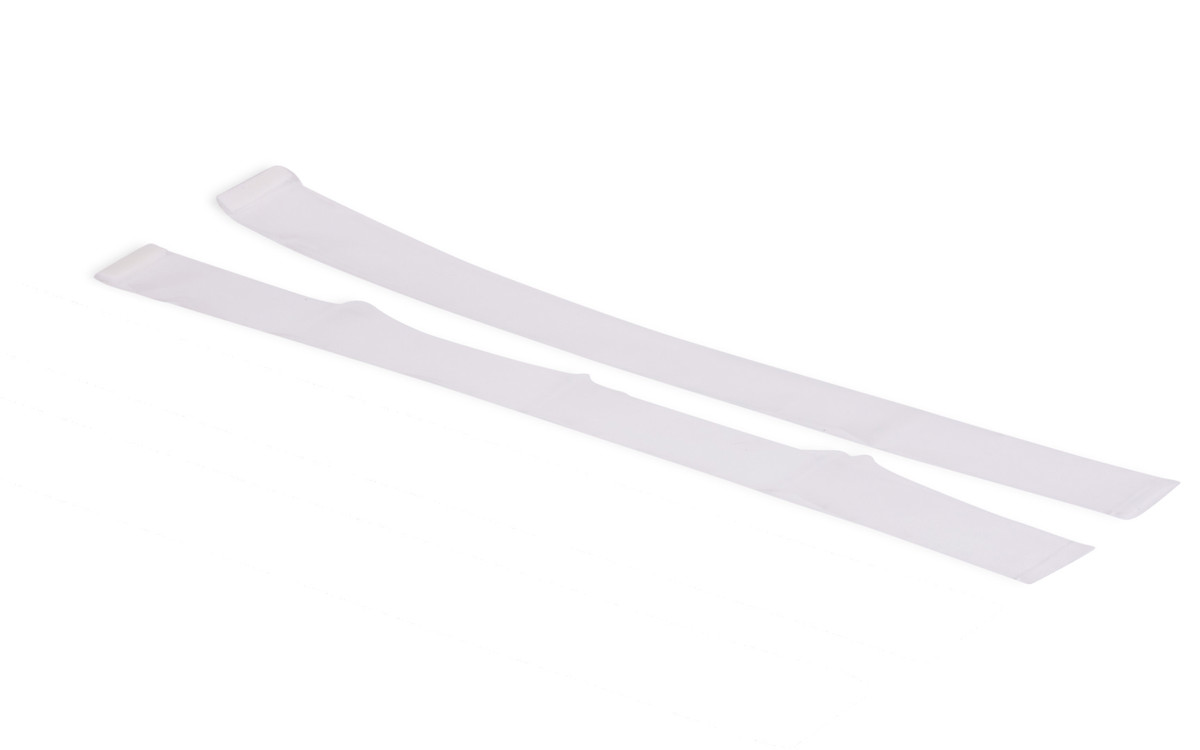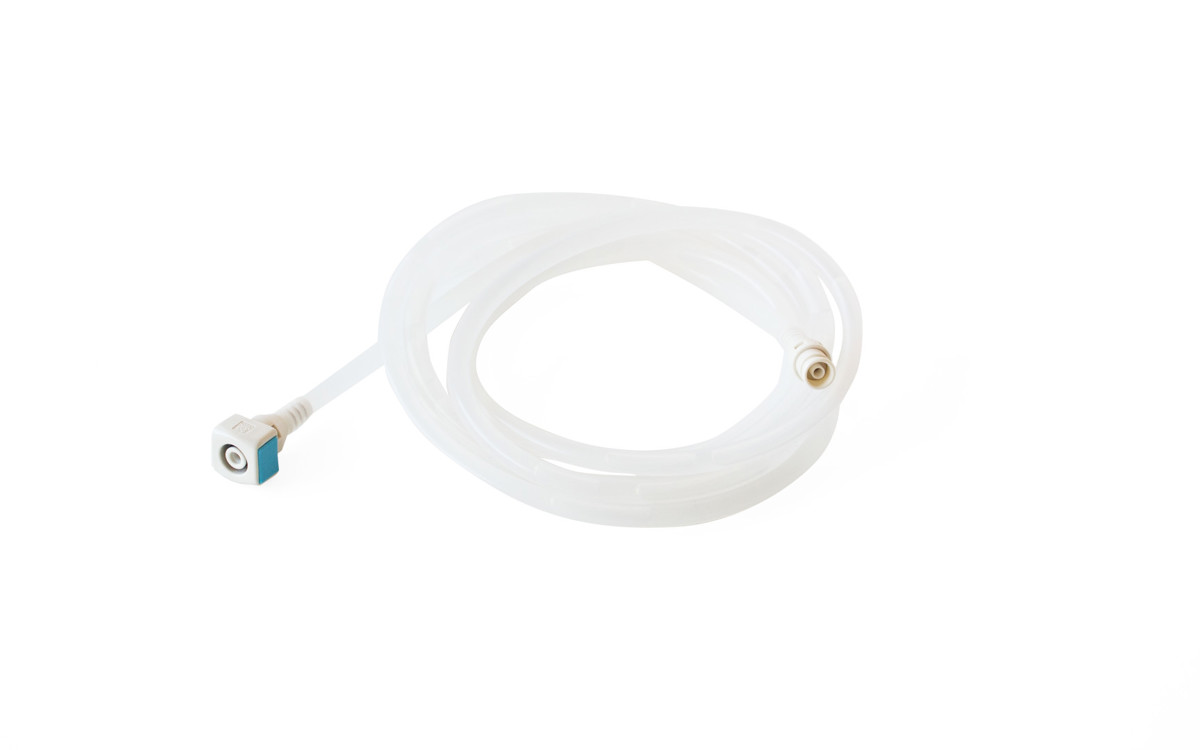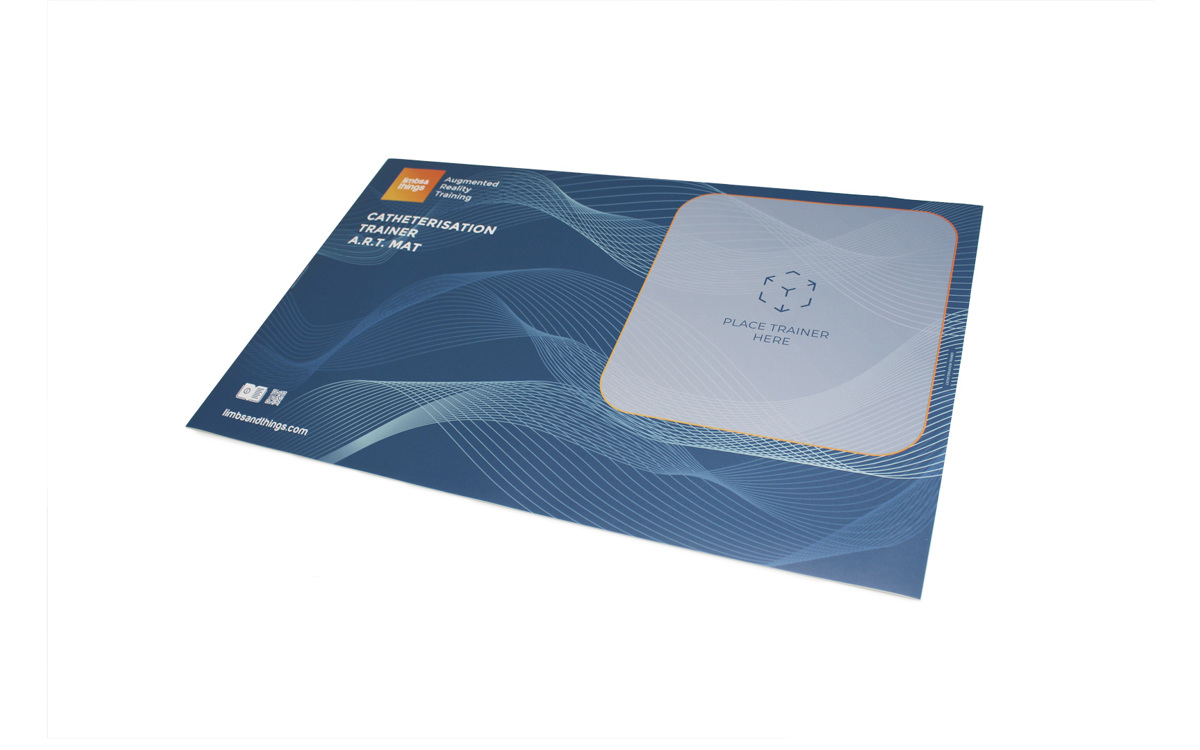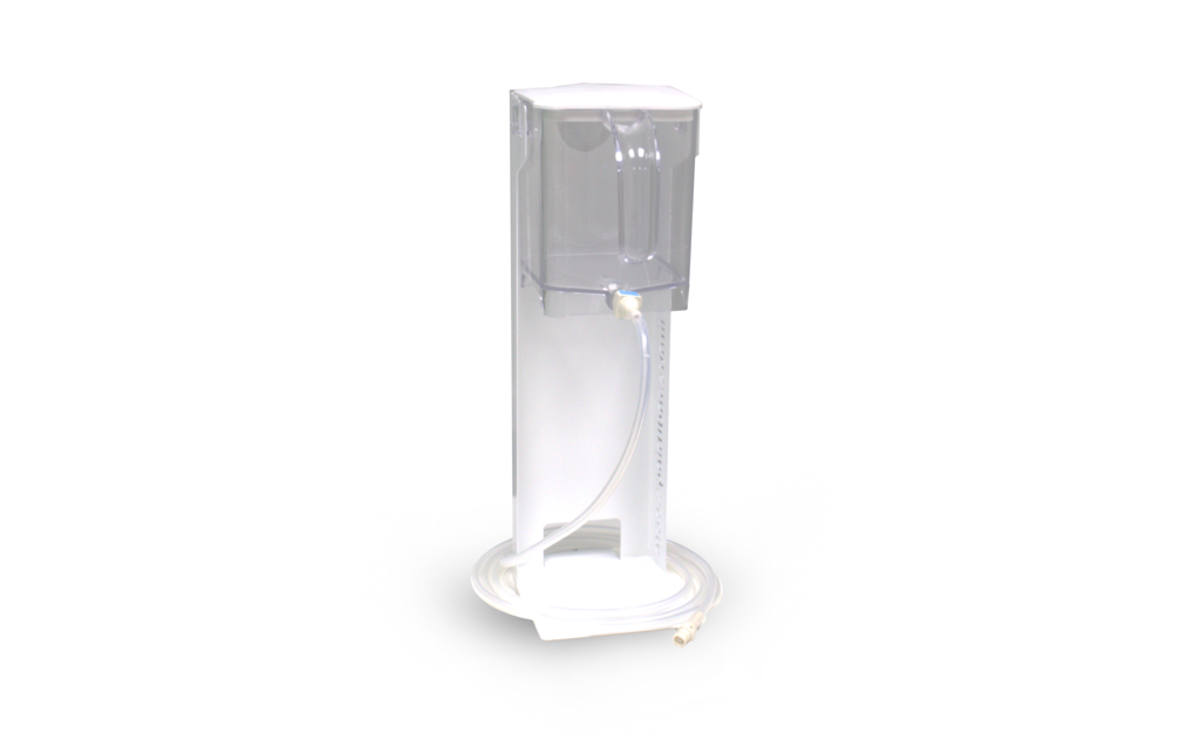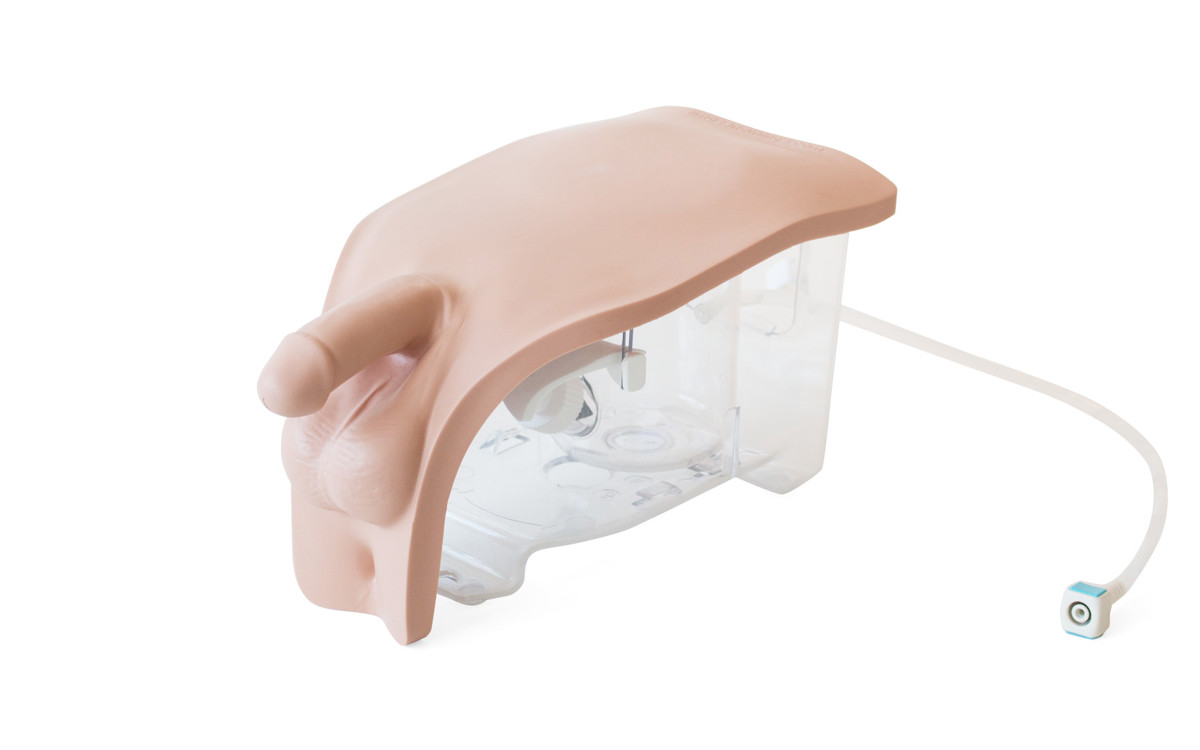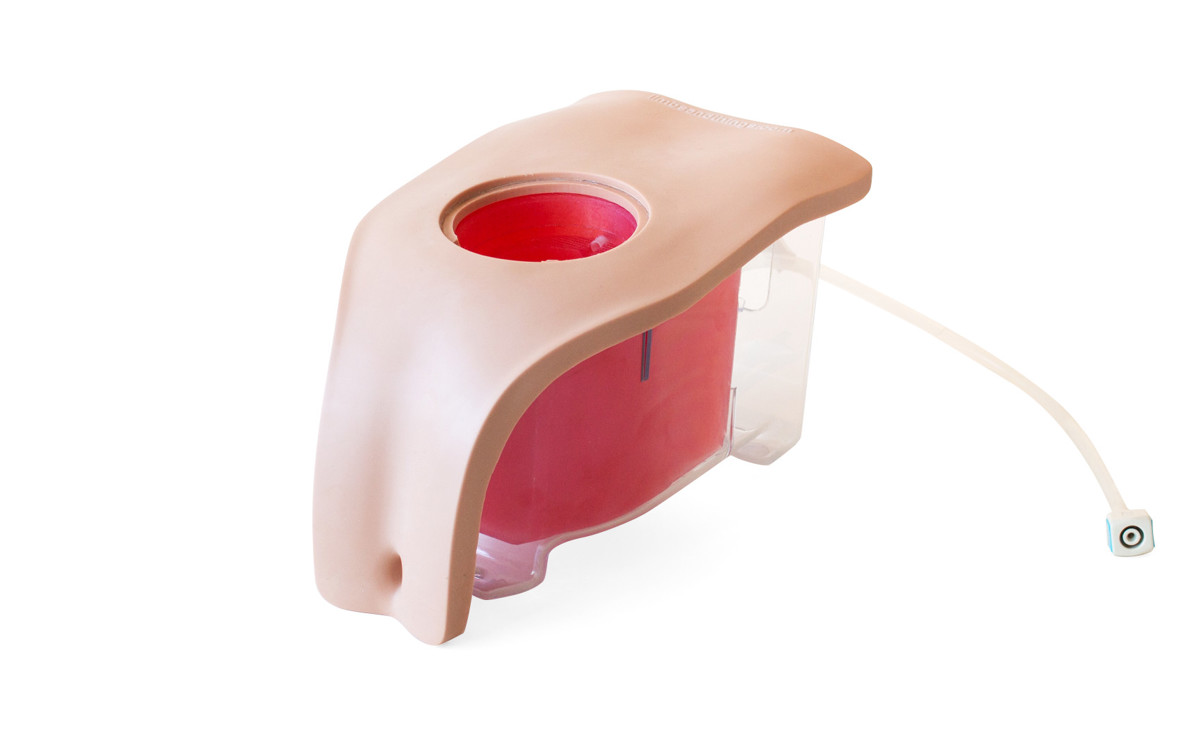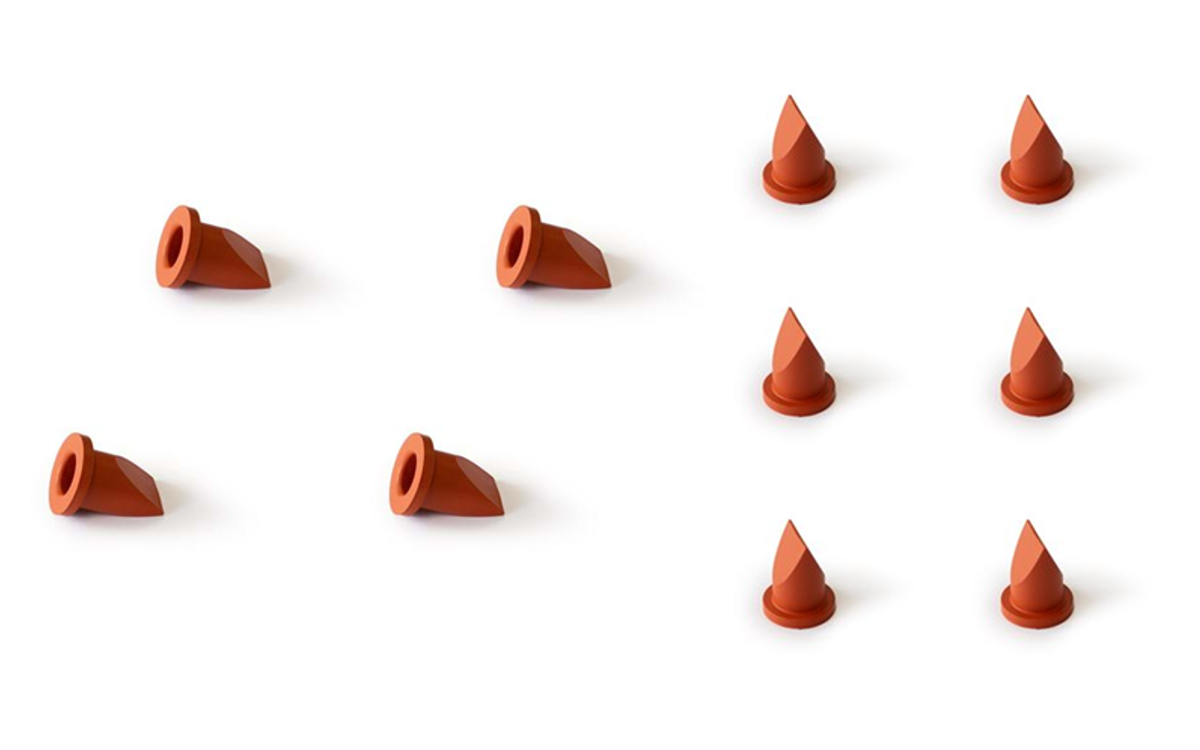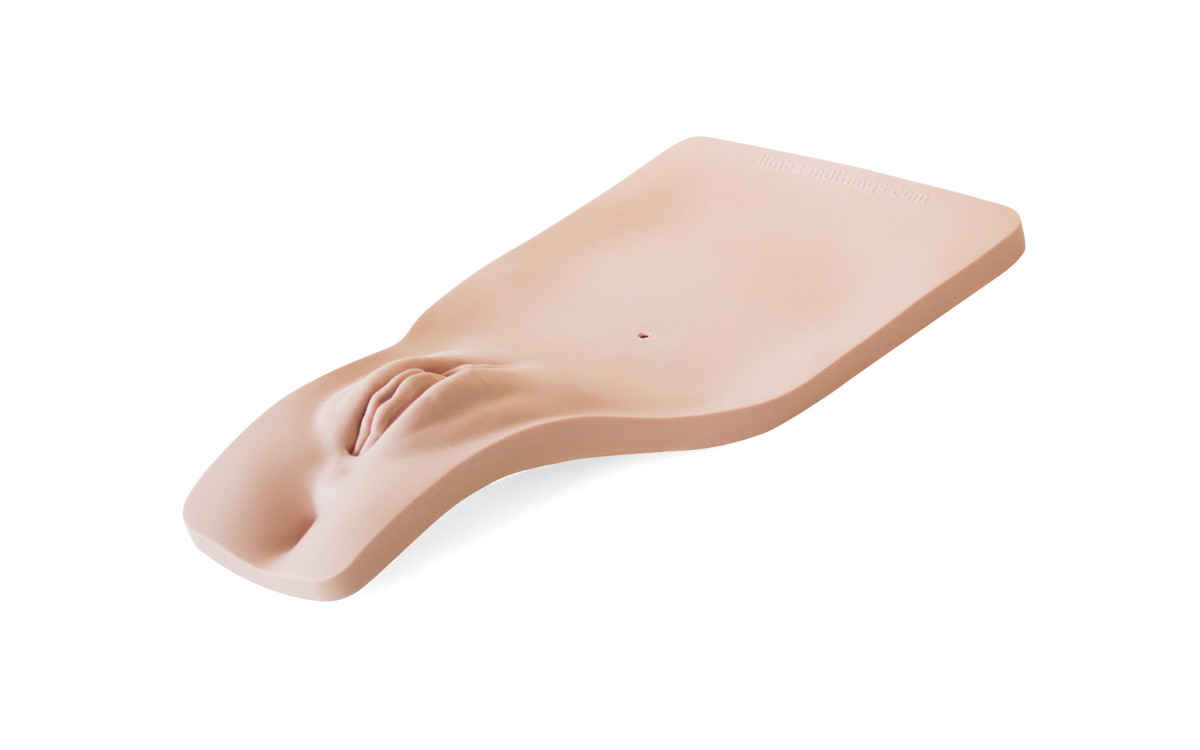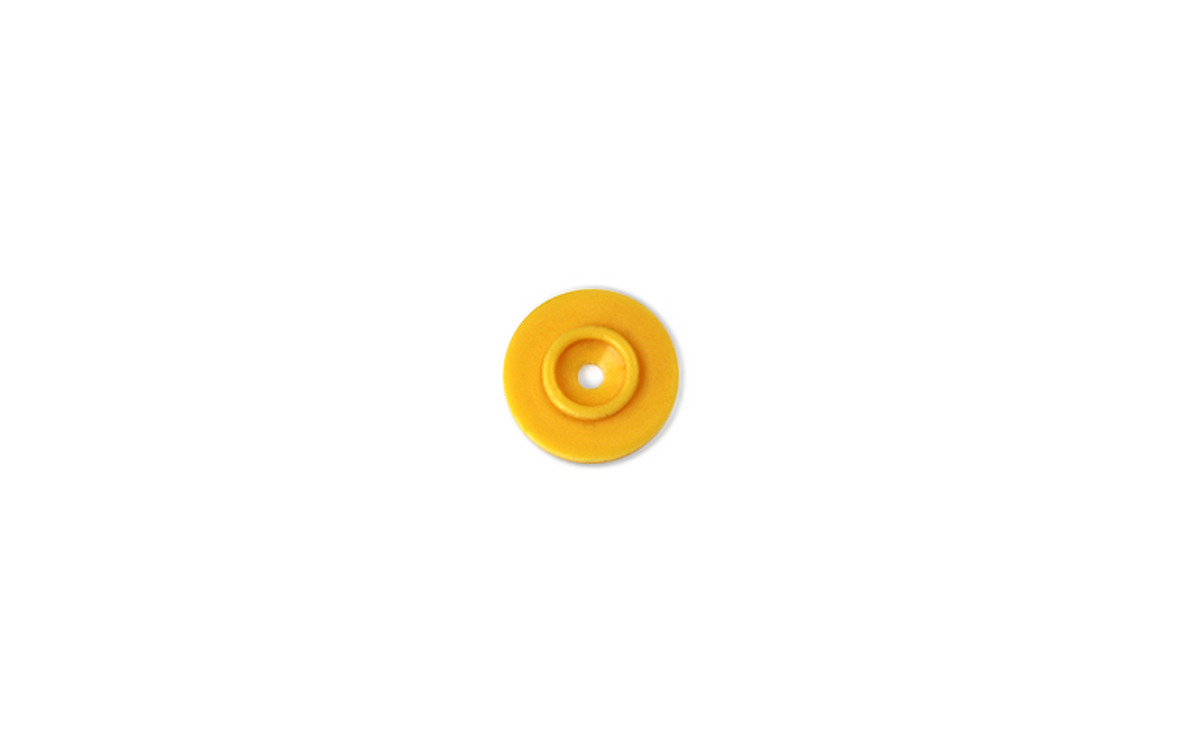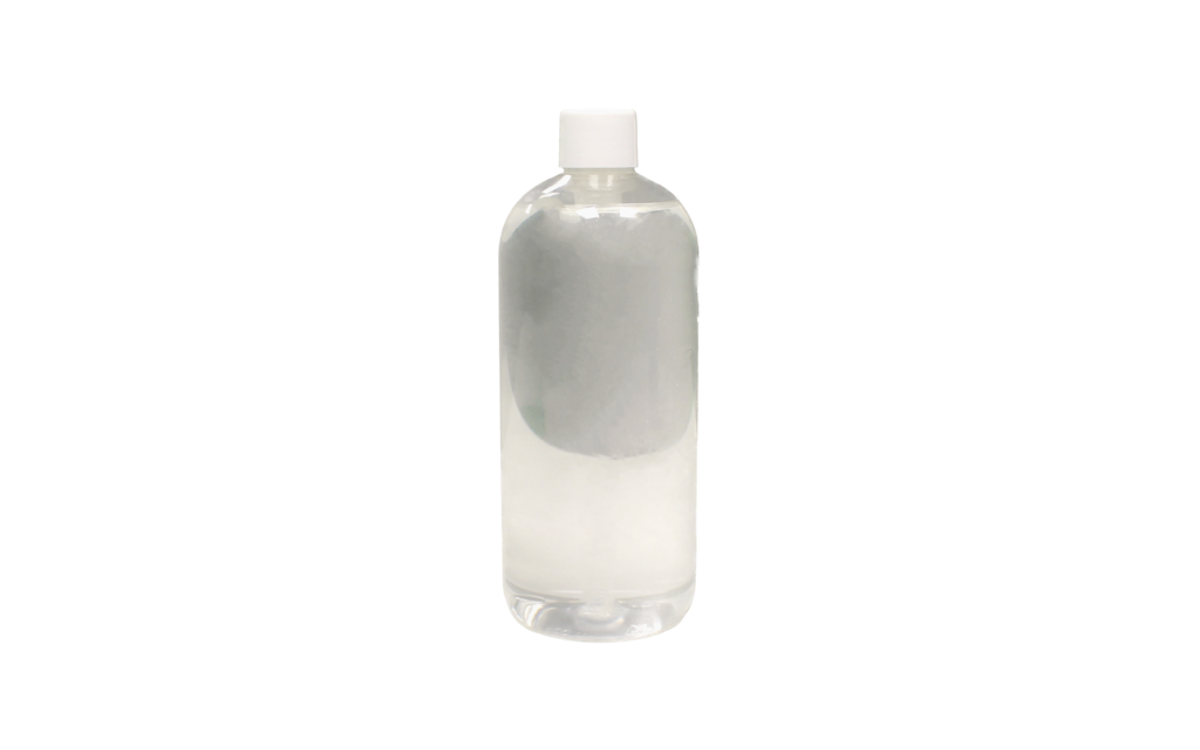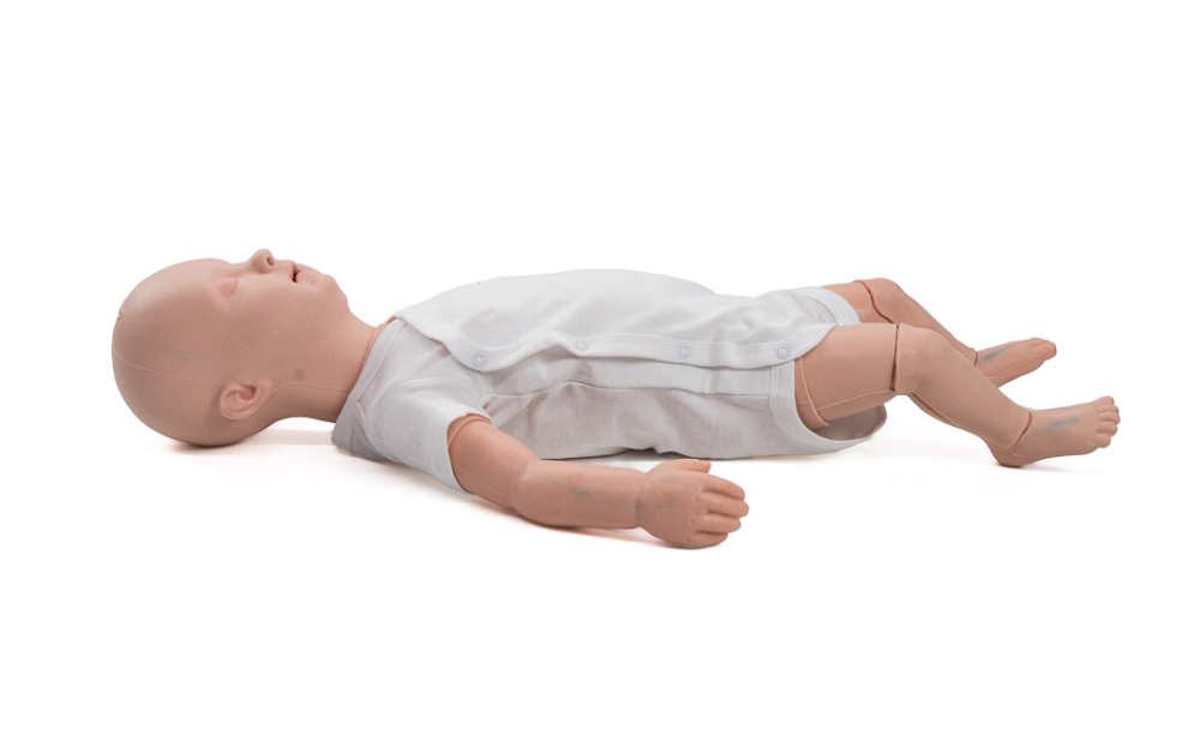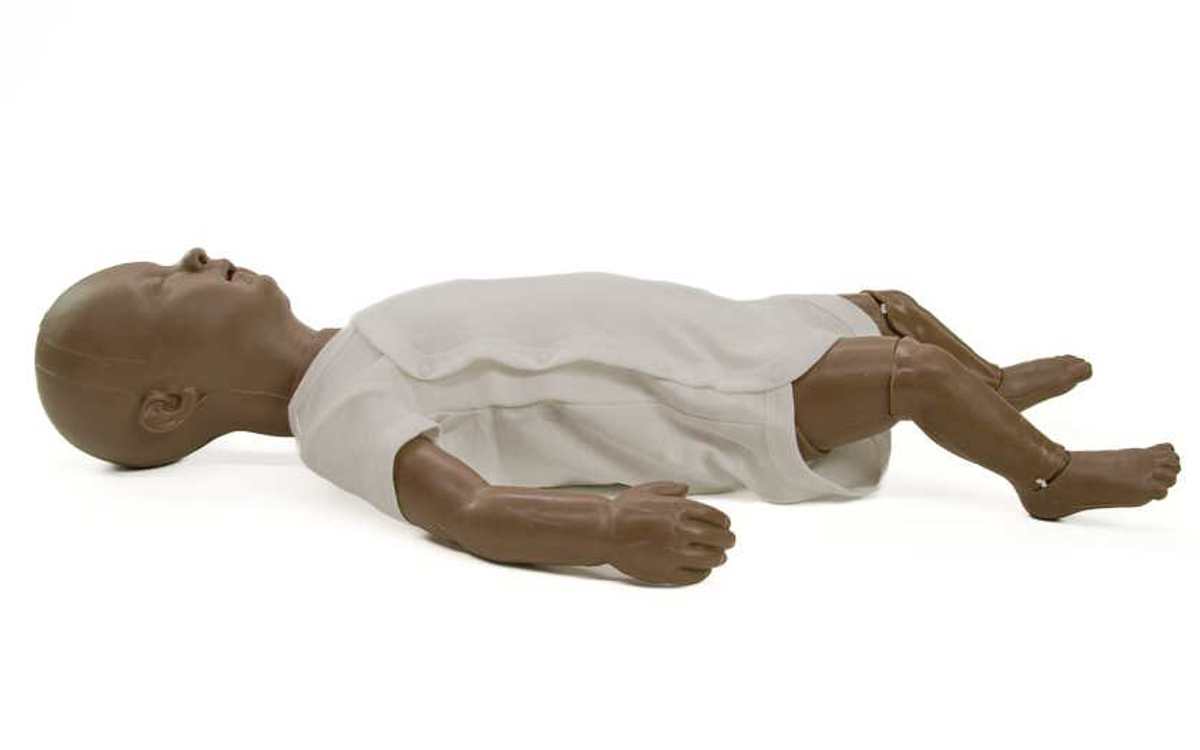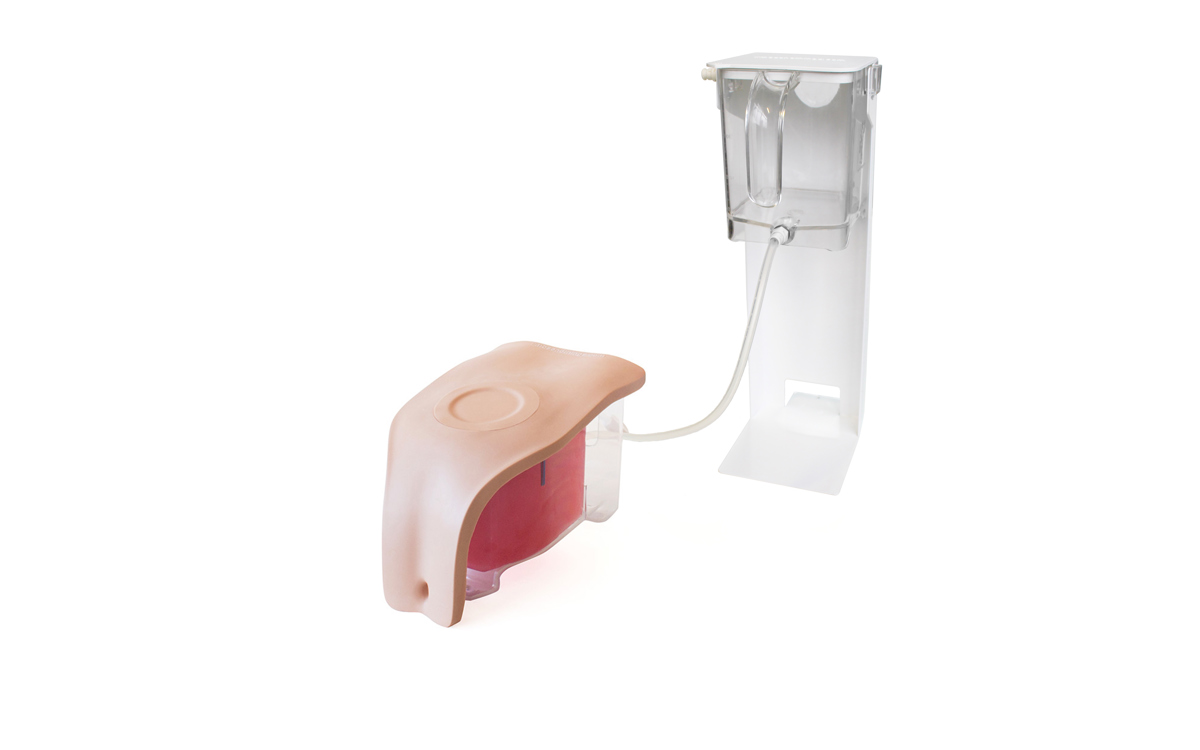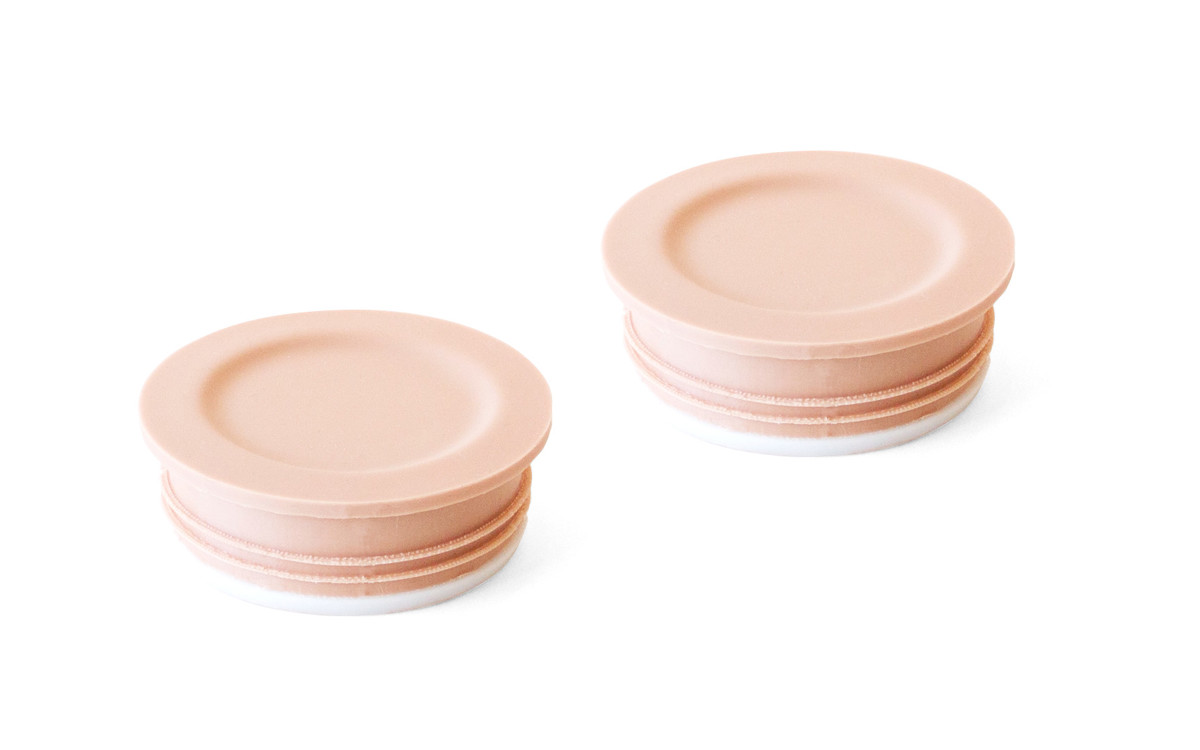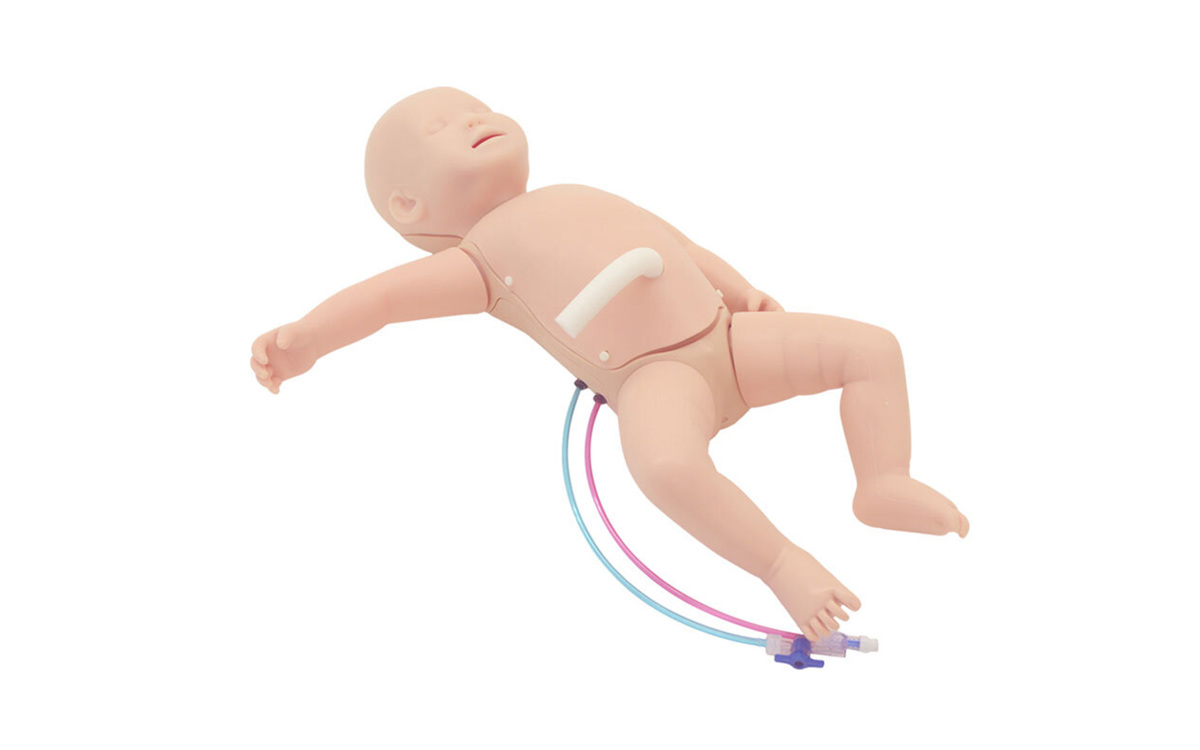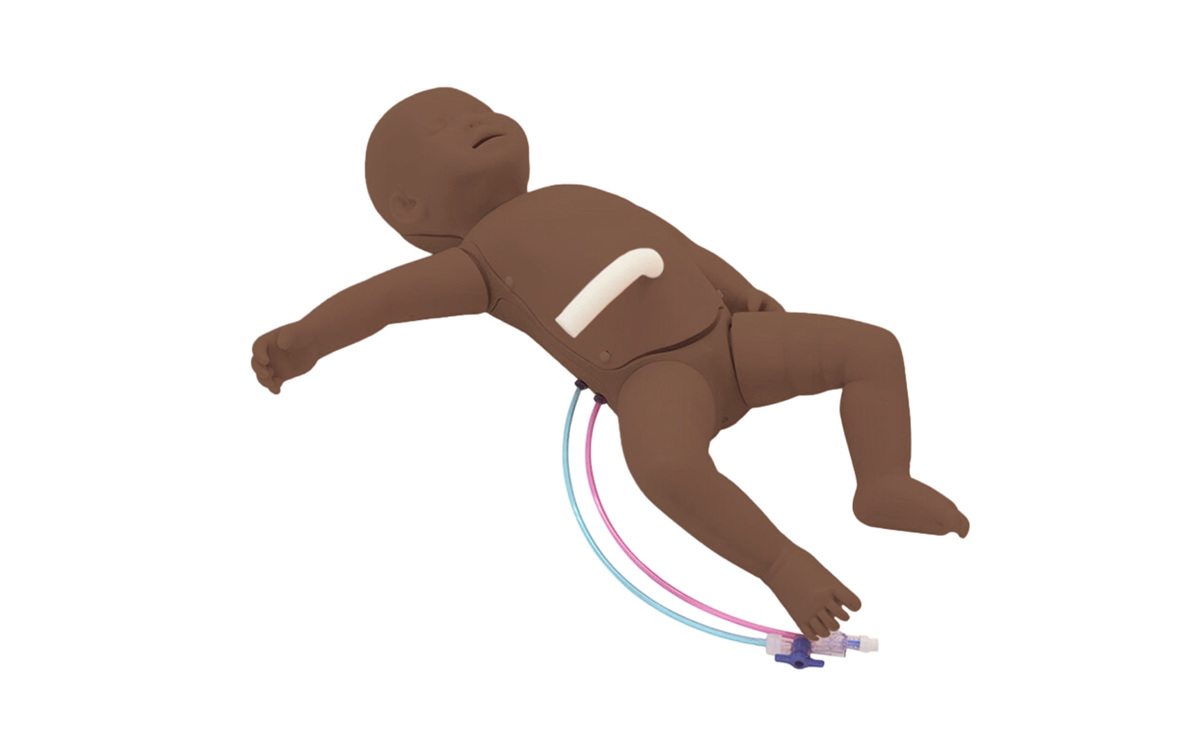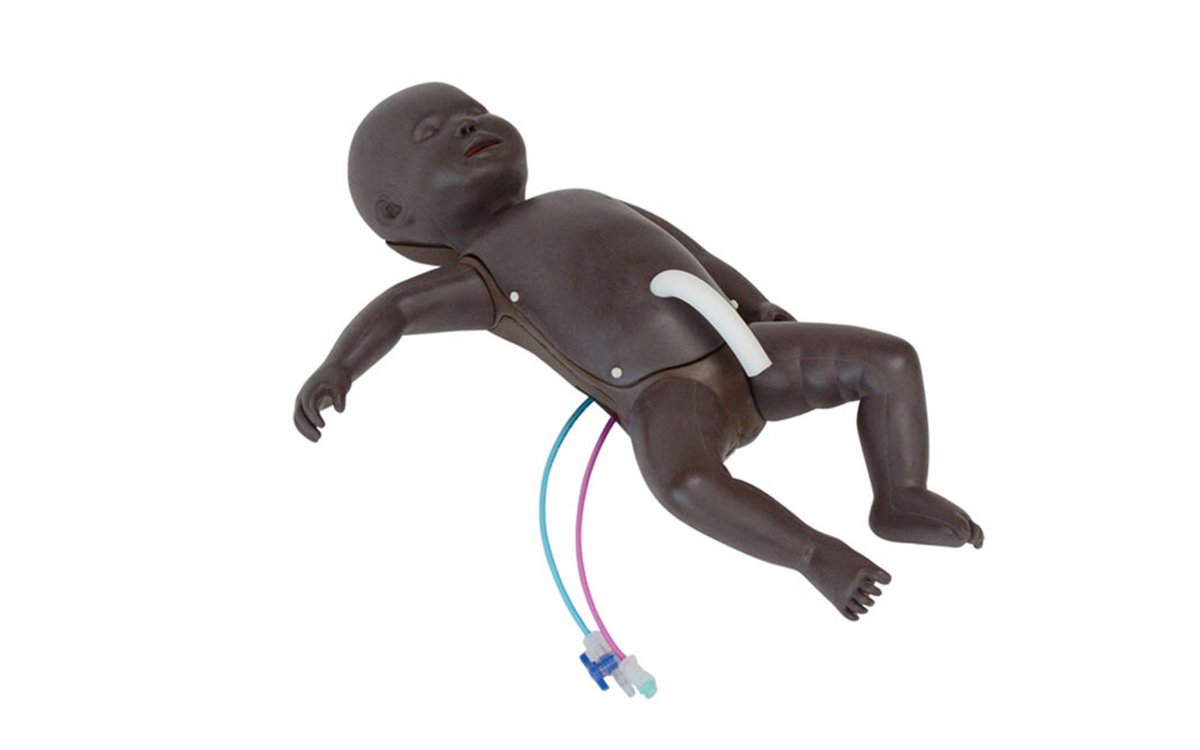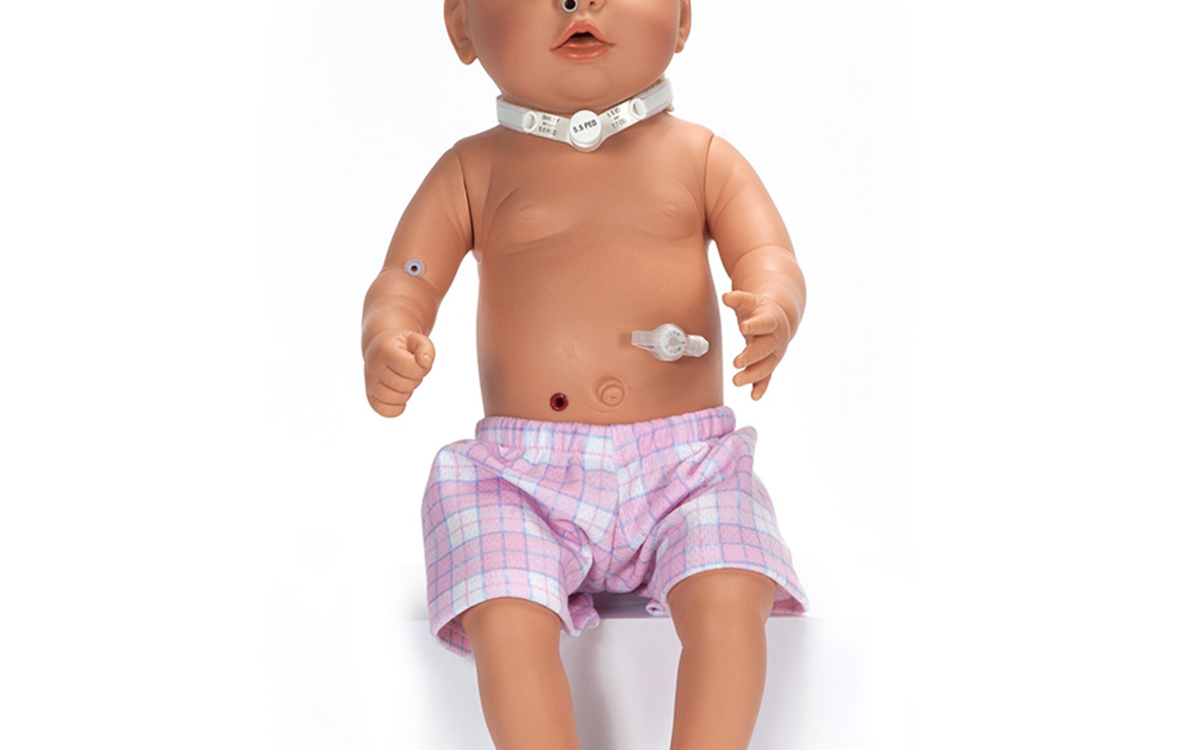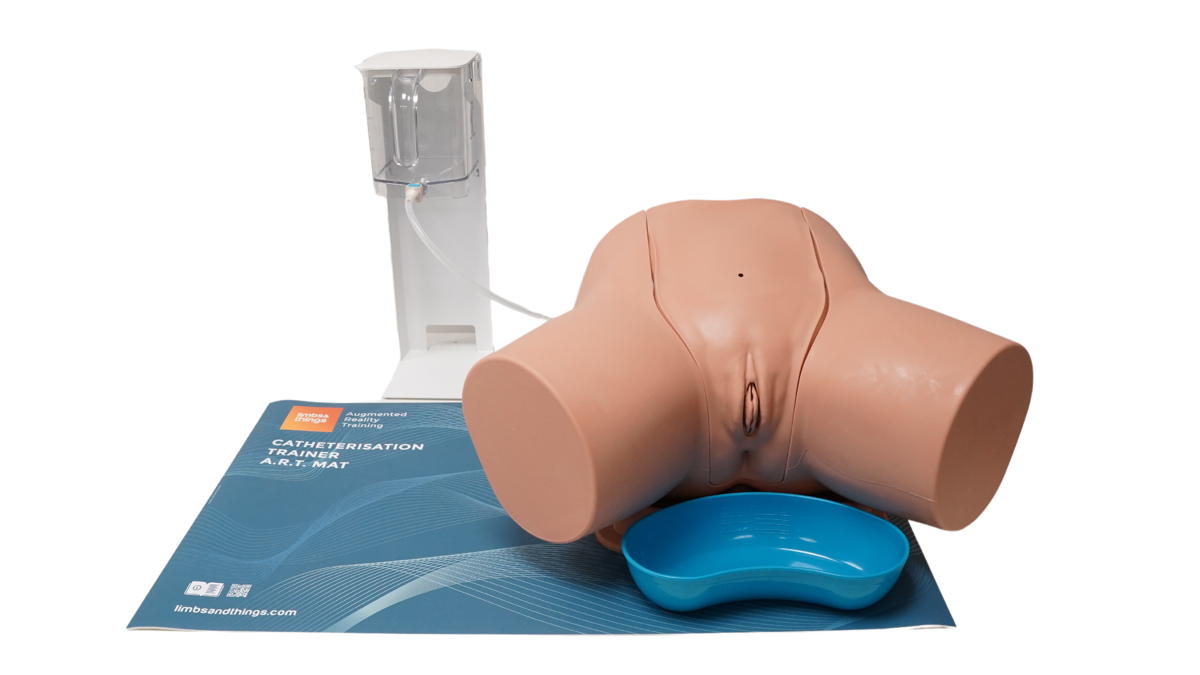
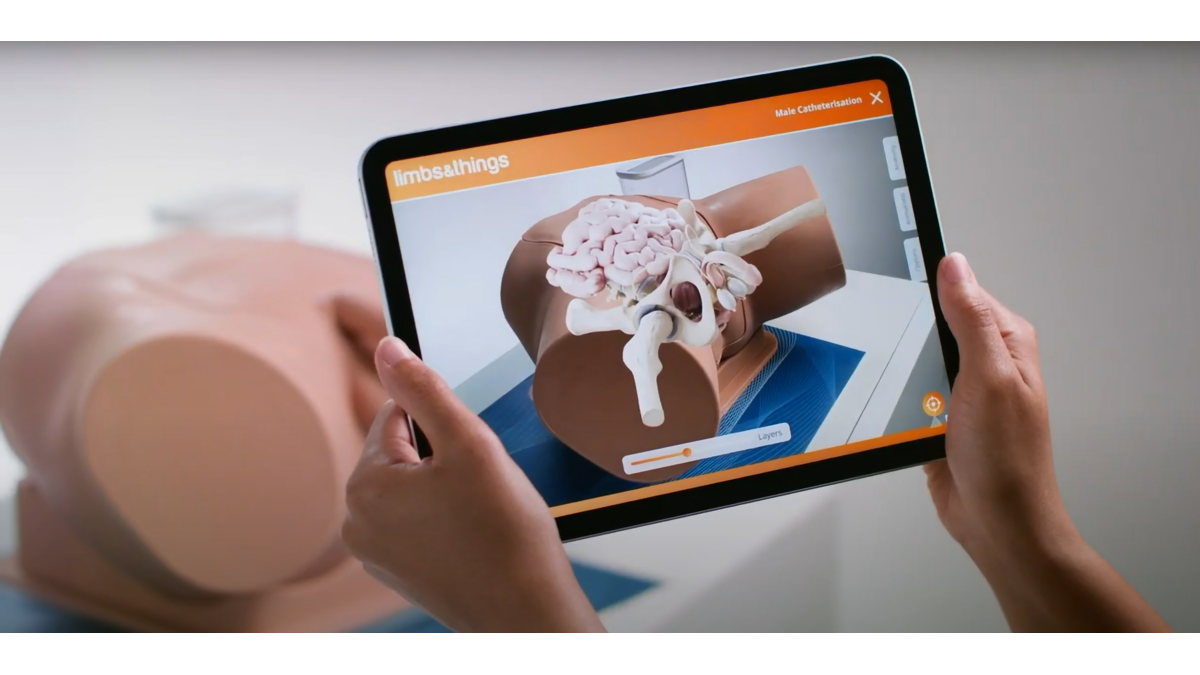
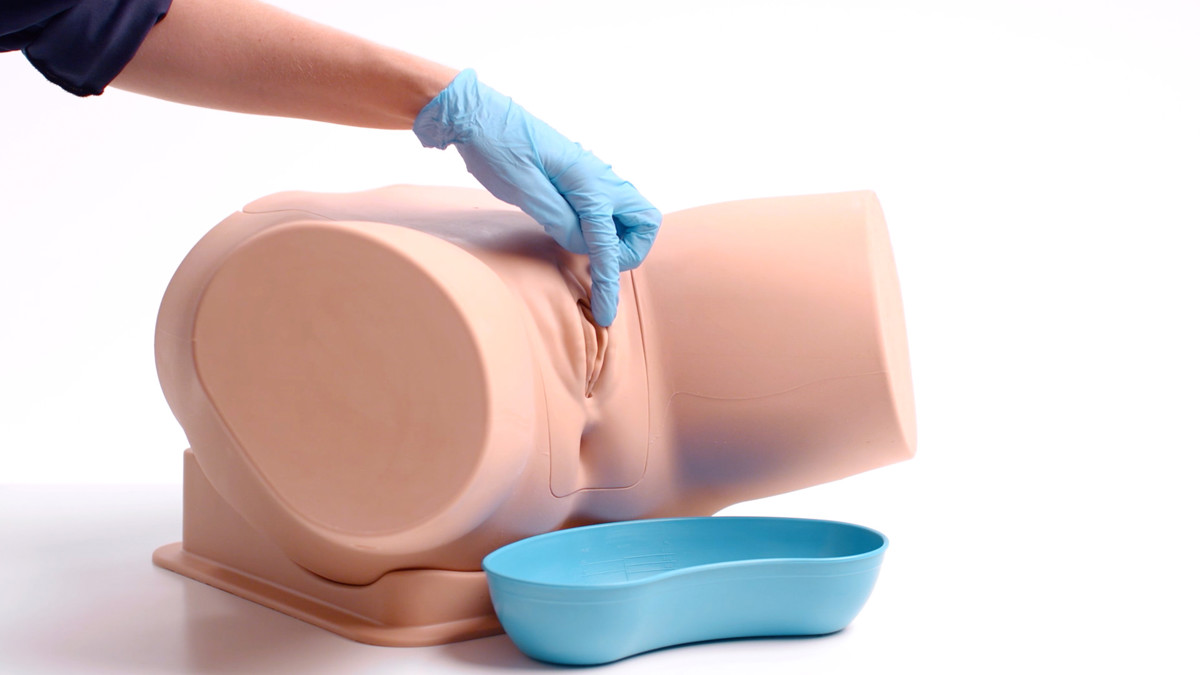
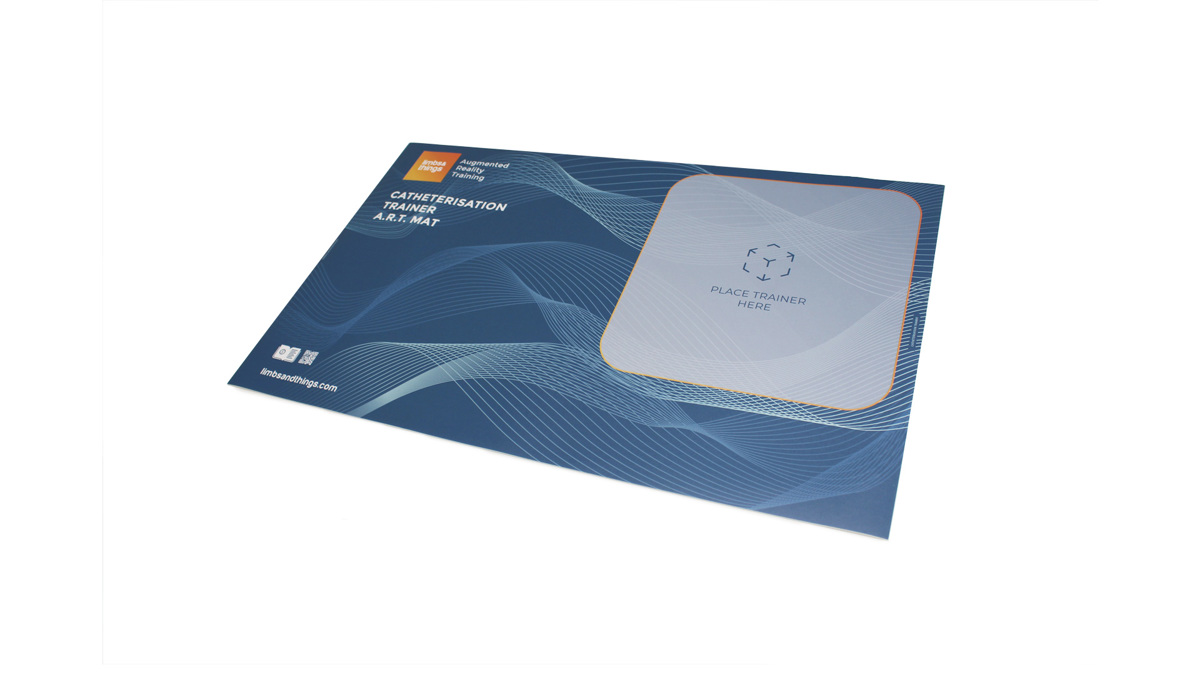
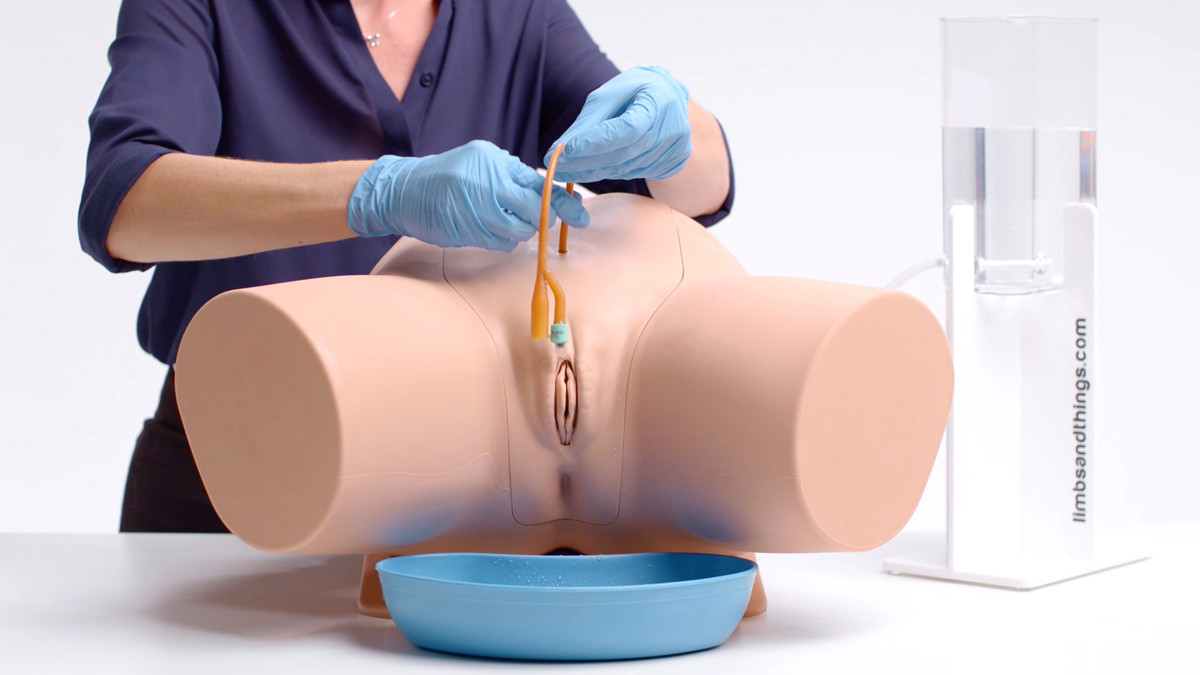
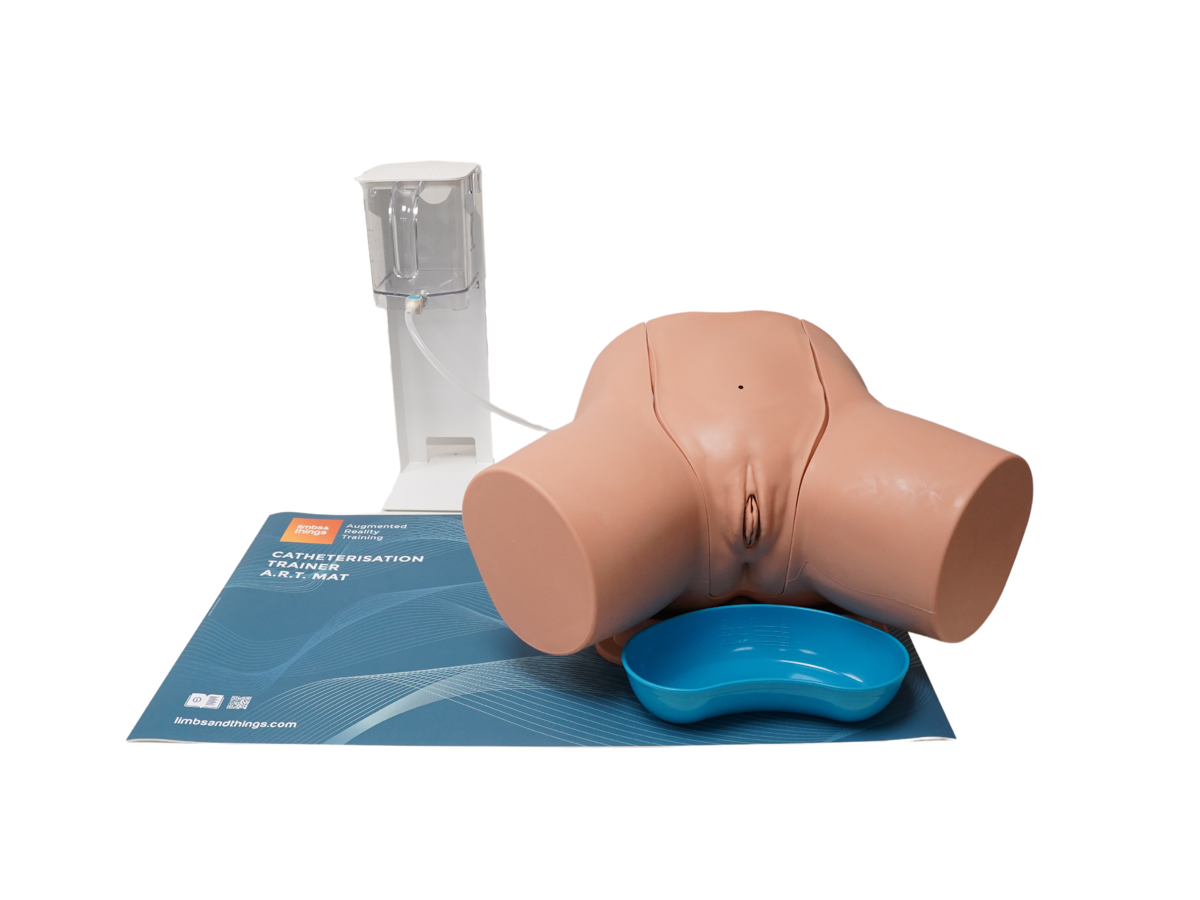
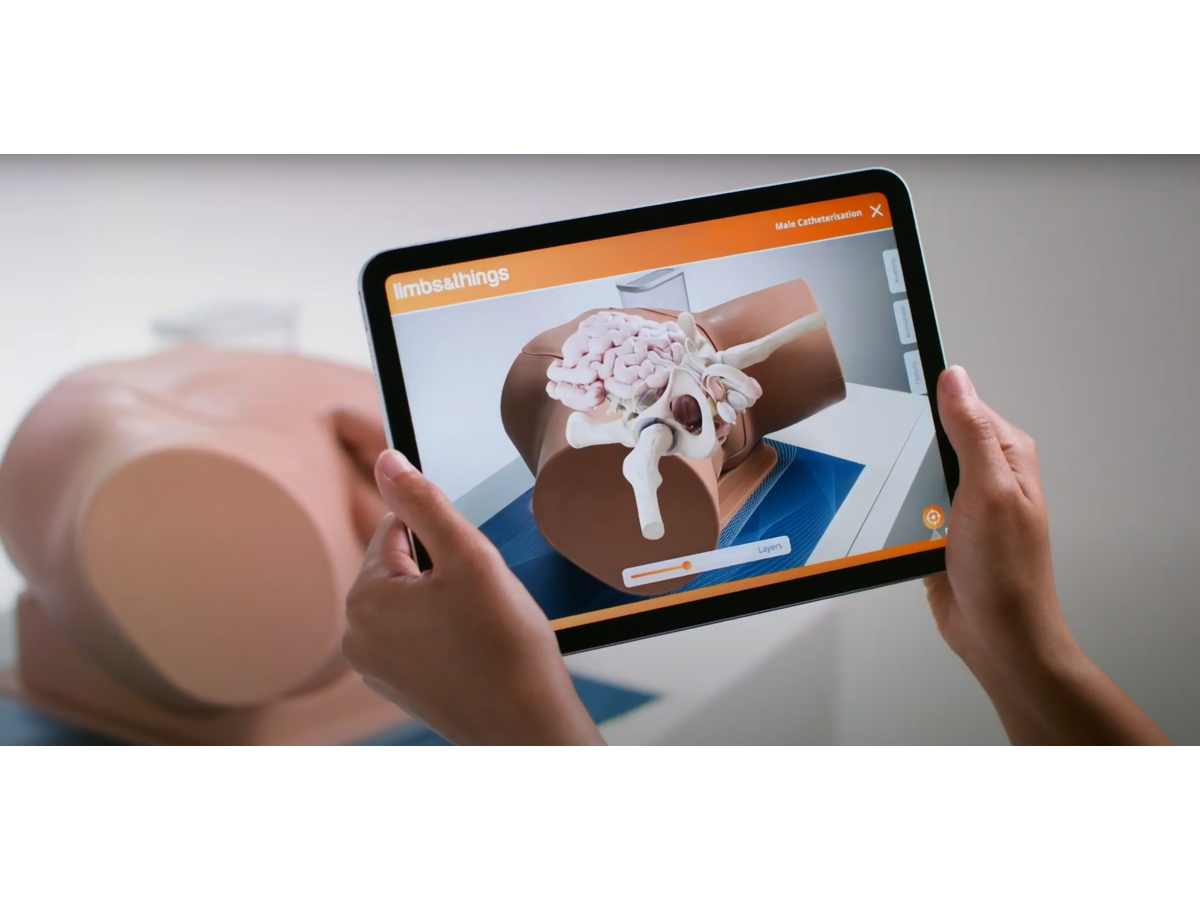

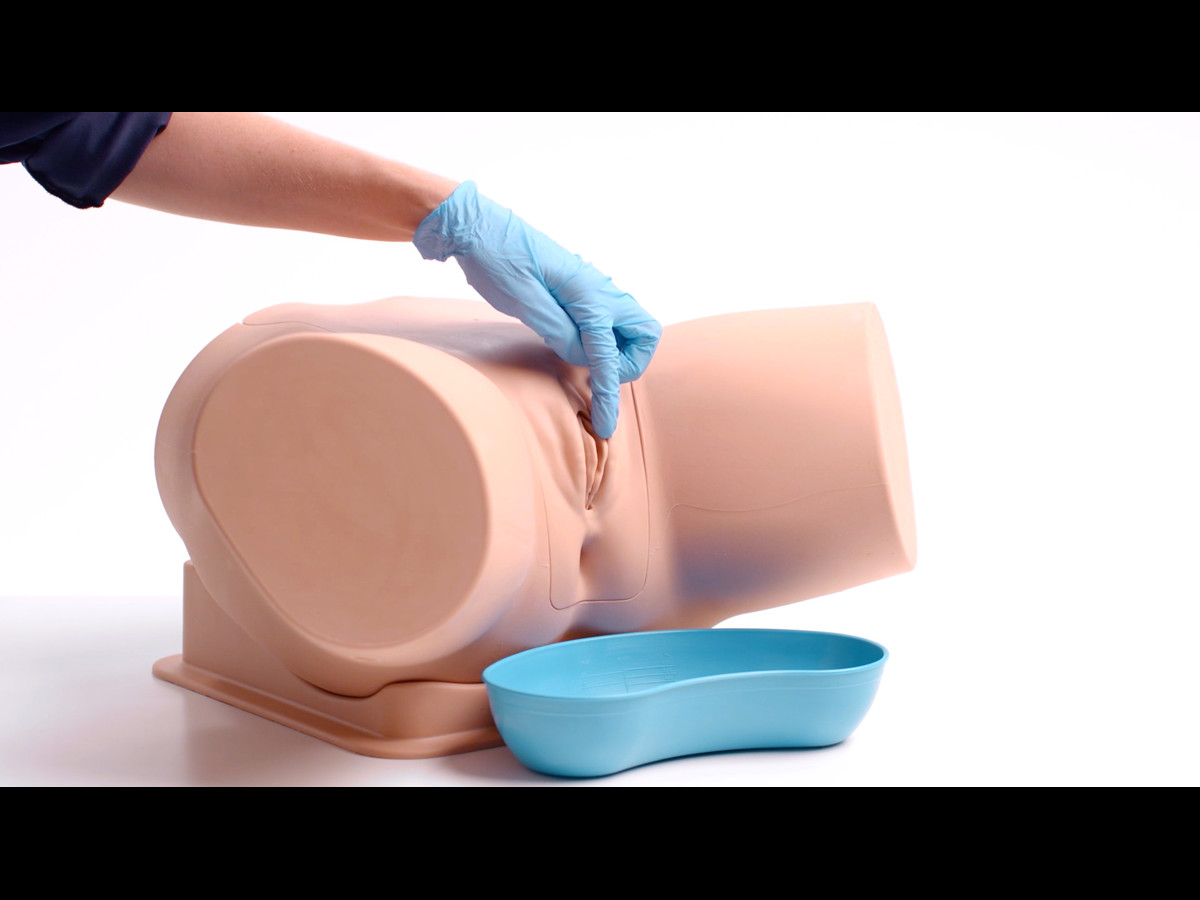

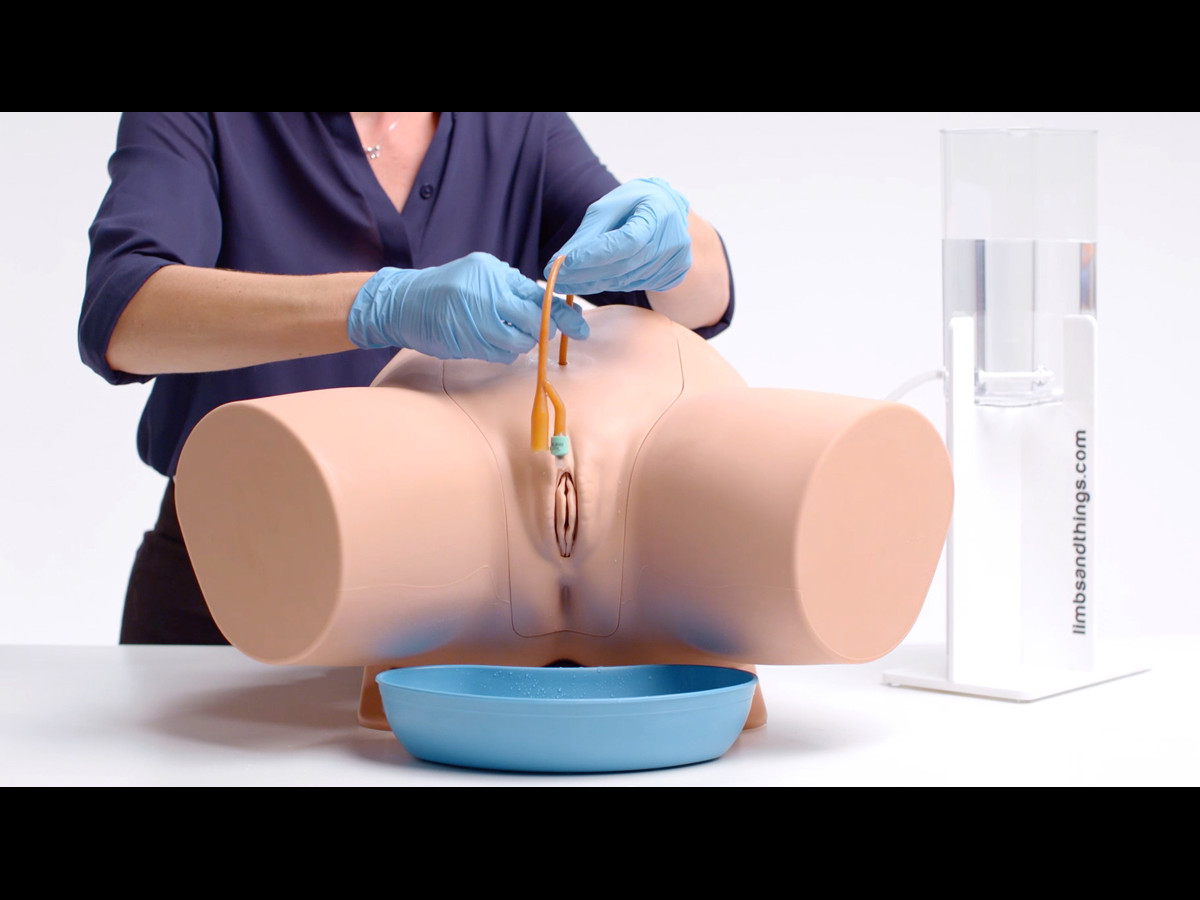
Kvinnlig kateteriseringsattrapp
Skin Tone
Model
Choose between individual trainers or combined sets
Female Urinary Catheterisation trainer with Augmented Reality, for clinical accuracy and realism.
Med den kvinnliga kateteriseringsattrappen kan eleven lära sig metoder för urinrörskateterisering och även att sköta om en redan insatt suprapubisk kateter via den förhandsinsatta dynan. Känslan när katetern leds genom urinröret in i urinblåsan stämmer väl med verkligheten.
Denna modul ingår också i standardkateteriseringsattrappen 60853 och den avancerade 60854.
Overview
- Augmented Reality allows you to bridge the gap between theory and practice
- Robust design for long lasting models and cost-effective training
- Softer, more realistic female anatomy
- Ability to view the catheter path when modules are used outside of the pelvic shell
Realism
- Böjligt urinrör och motståndskraftig ringmuskel som ger en realistisk reaktion
Versatility
- Möjlighet att se kateterns väg
- Droppfri ventil
- Återanvändningsbar kateterförpackning med dubbel hylsa ingår för att lära ut aseptisk teknik
- Spruta ingår med vattenbaserat glidmedel för att simulera äganderättsskyddad lokalbedövningsgel
Cleaning
- Hudytan går att tvätta med tvål och vatten
Safety
- Produkten är latexfri (de tillhörande katetrarna innehåller latex)
Simulated Patient
- This trainer can be used with a standardised patient to help improve communication skills
Anatomy
- Mjuka blygdläppar gör att eleverna kan öva på att sära dem med en aseptisk kontaktlös teknik
- Subtil urinrörsöppning som simulerar en mer realistisk inlärning
- Slidvalv finns som gör att katetern kan föras in på felaktigt ställe i övningssyfte
- Förhandsinsatt suprapubisk kateter
Blygdben
Skills Gained
- Korrekt hantering av den kvinnliga anatomin
- Aseptisk kateteriseringsteknik
- Utdragning av kateter
- Urinrörskateterisering
- Hantering av suprapubisk
kateter - Vätskehantering
Evidence
Product Contains
This simulation model is supplied with an antifungal agent. (Use as per instructions on the packet.)
References
Suprapubic catheter insertion. Intercollegiate Surgical Curriculum Programme (ISCP) General Surgery Curriculum, 2021, P69.
Therapeutic Procedures 22. Male and female urinary catheterization. Passing a tube into the urinary bladder to permit drainage of urine, in make and female patients. Outcomes for Graduates (Tomorrow's Doctors), 2016, Appendiz 1 Practical Procedures for Graduates, P14.
2.4.7 Renal and genitourinary system - Undertake male and female urinary catheterization. Competence and Curriculum Framework for the Physician Assistant, 2012, 2.4 Specification of core procedural skills.
Core procedure requirements. 13. Uretheral catheterisation (male) guidance. 14. Urethral catheterisation (female) guidance. Foundation Programme Curriculum, 2012, updated for 2016, Core Procedure Requirements, P9.
The suggested structure for gaining competence in catheterisation: - Observe model/manikin being catheterised - Practise catheterisation on a model/manikin under supervision until confident - Insert and secure urethral catheters - Manage suprapubic catheters - Enable individuals to carry out intermittent self-catheterisation. Catheter Care Guidance for RCN Nurses, Second Edition, 2012, Pg 3. Pg 12.
Annexe B: Nursing Procedures. 6.1 "observe and assess level of urinary and bowel continence to determind the need for support and intervention." 6.2: "select and use appropriate continence products; insert, manage and remove catheters for all genders; and assist with self-catheterisation when required." 6.3: "manage bladder drainage." Future Nurse: Standards of proficiency for registered nurses, 2018, P35.
Technical Skills and Procedures - Competently insert a suprapubic catheter, with ultrasound guidance as appropriate - Complex catheterisation. Intercollegiate Surgical Curriculum Programme (ISCP) Urology Syllabus, August 2021, P58.

